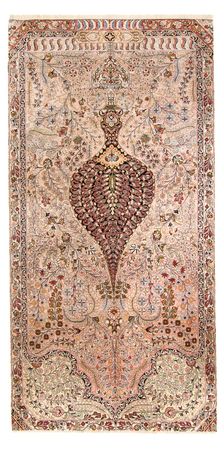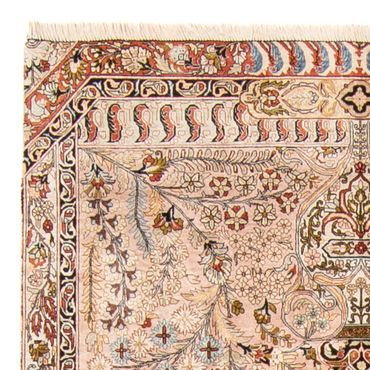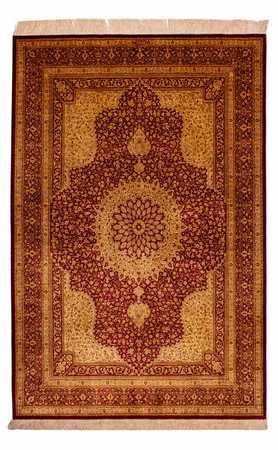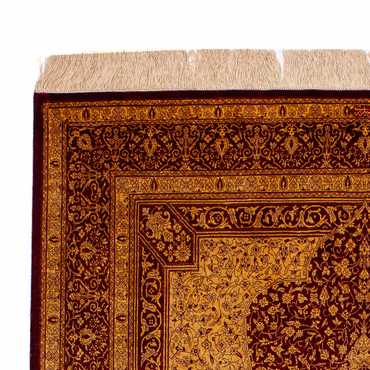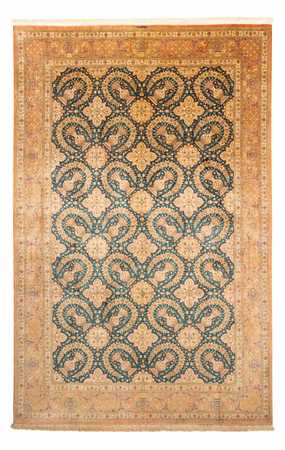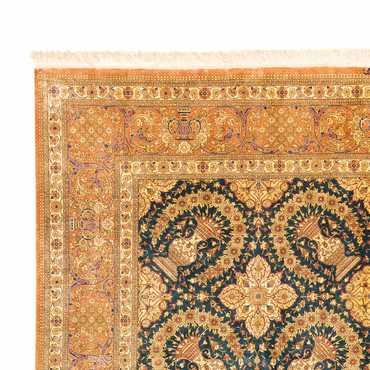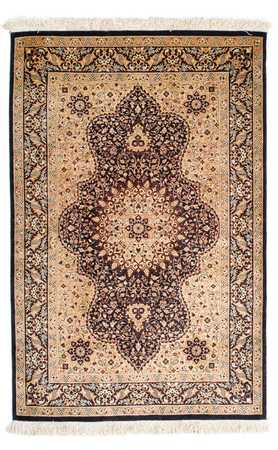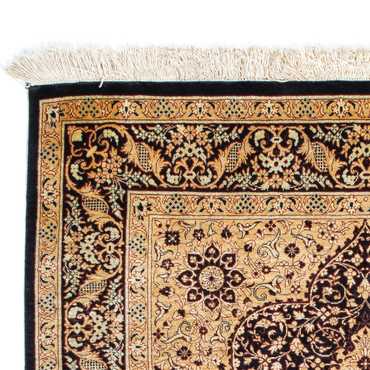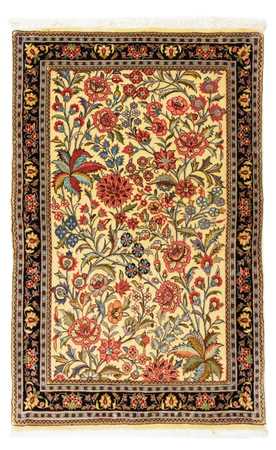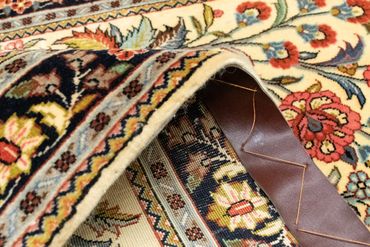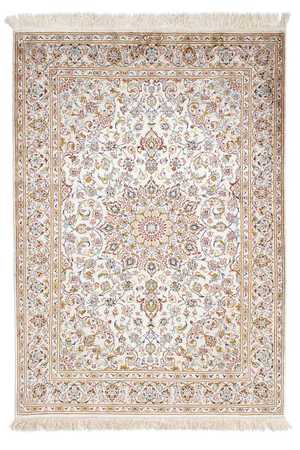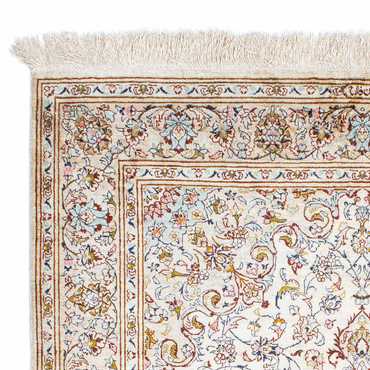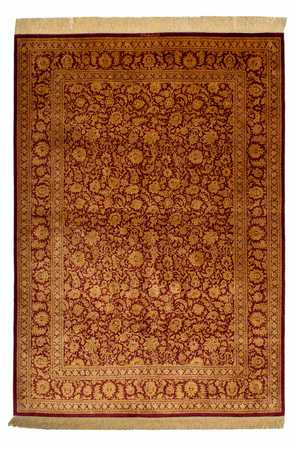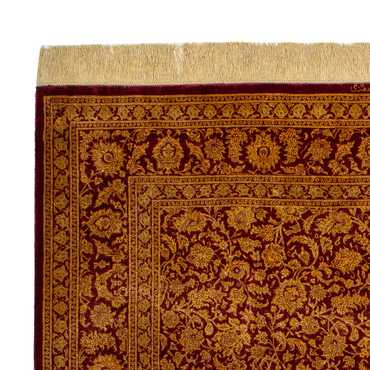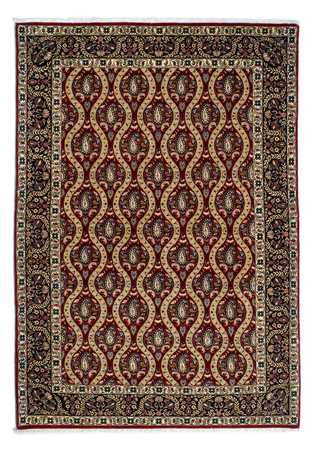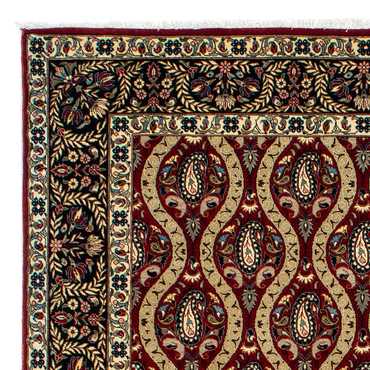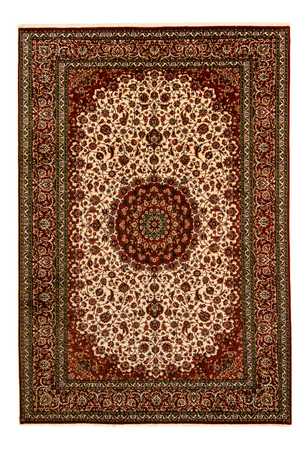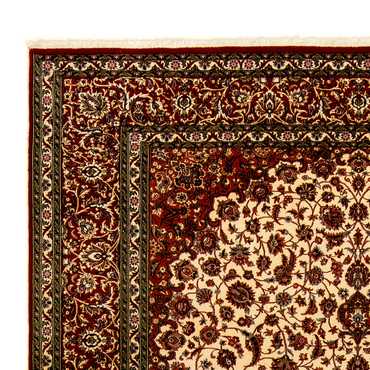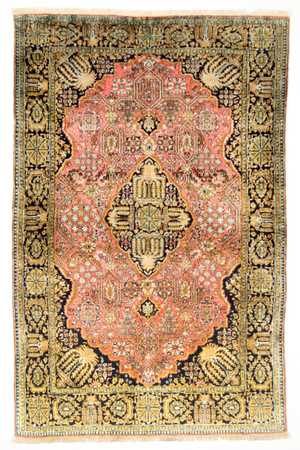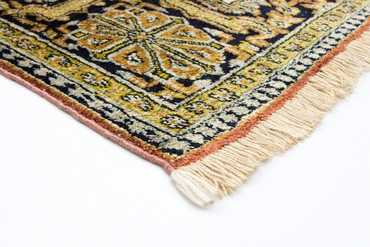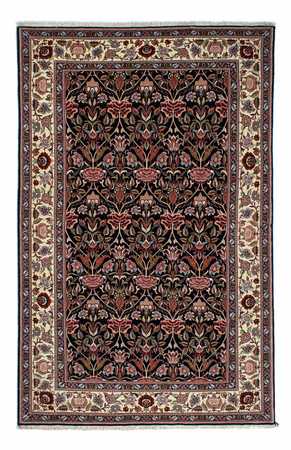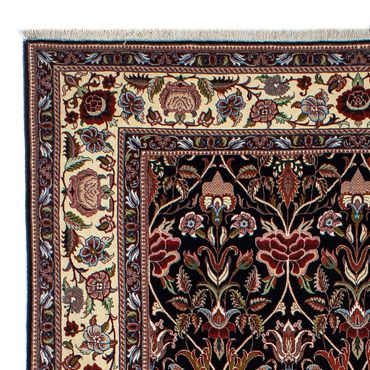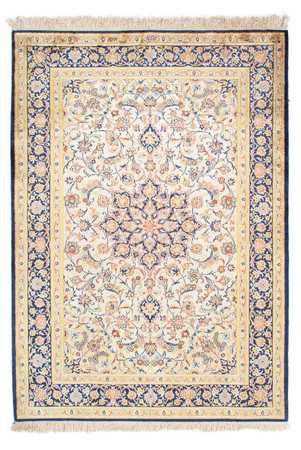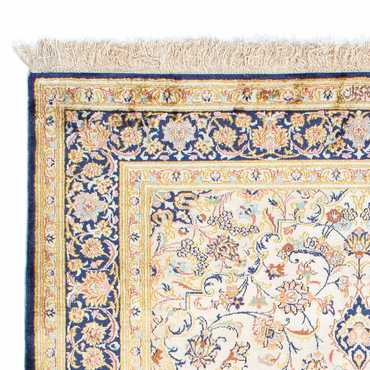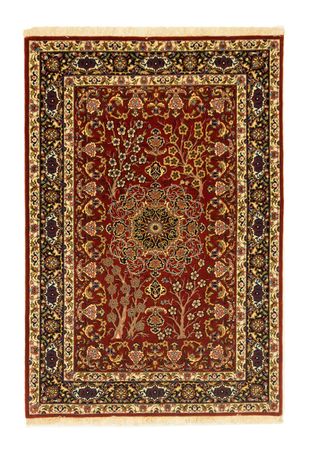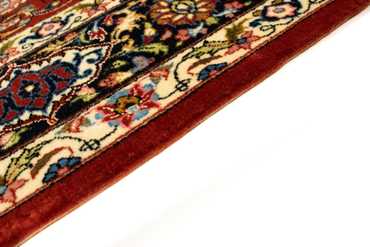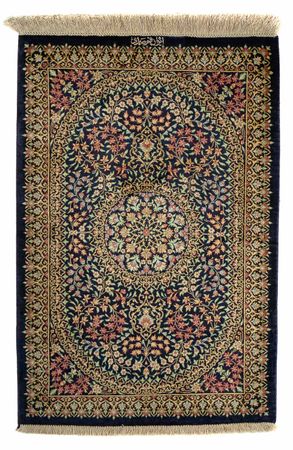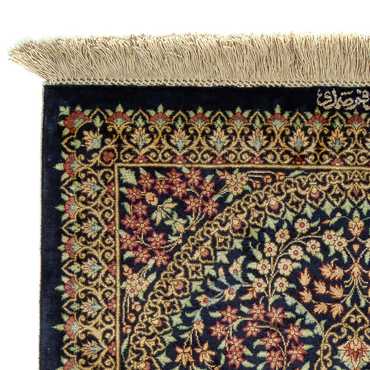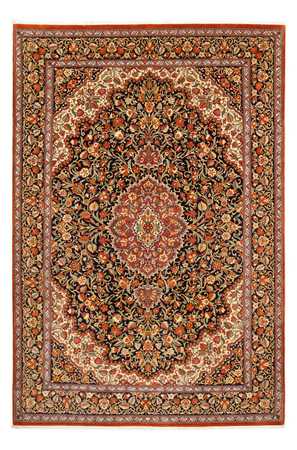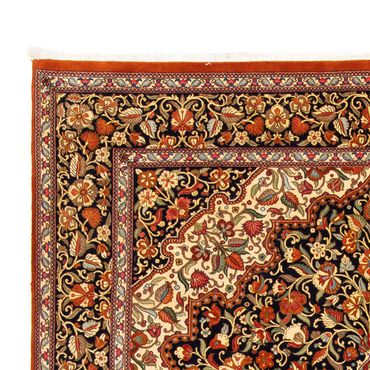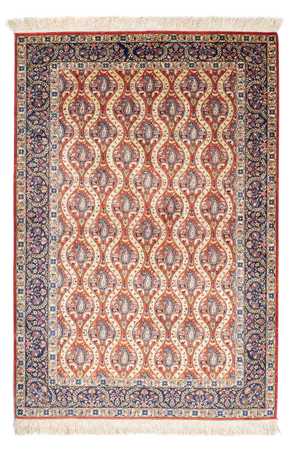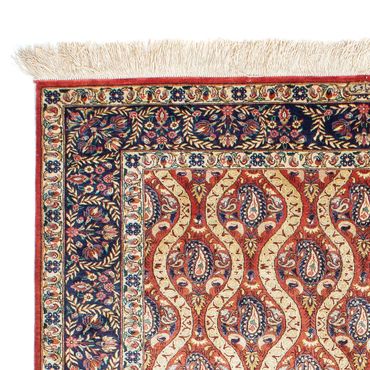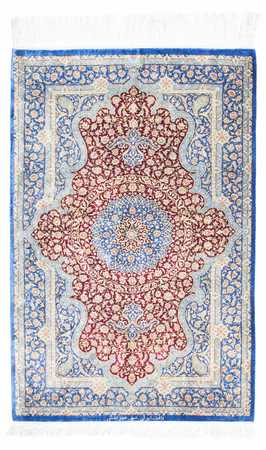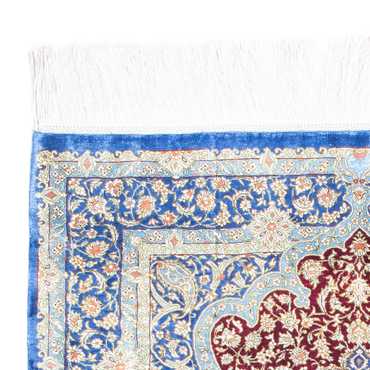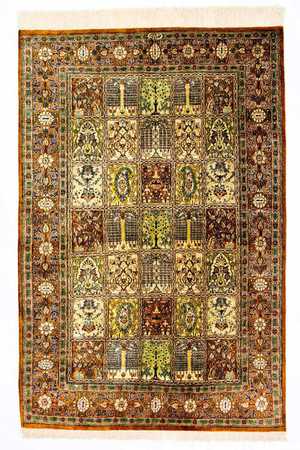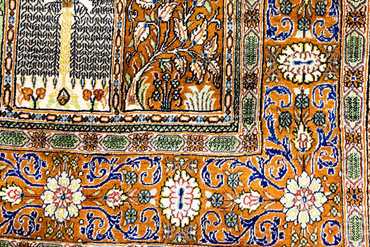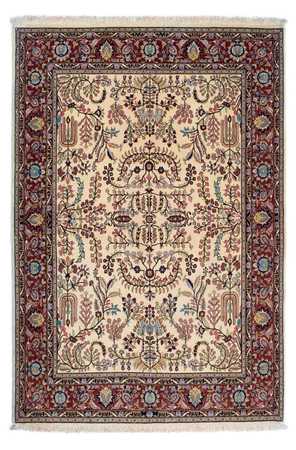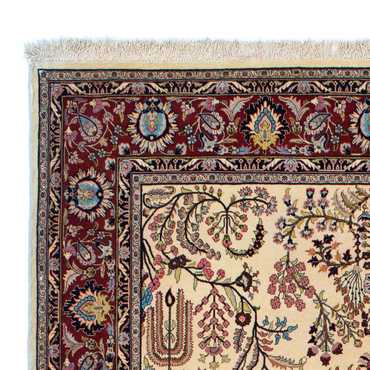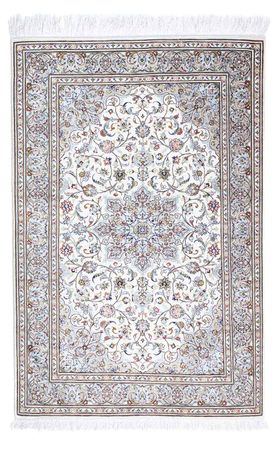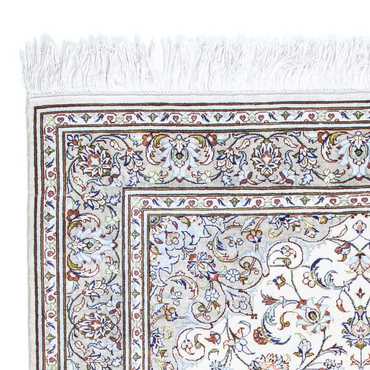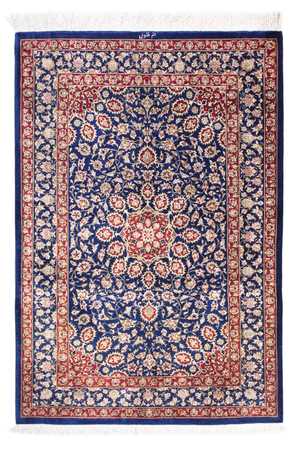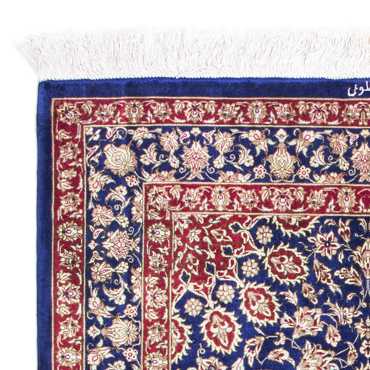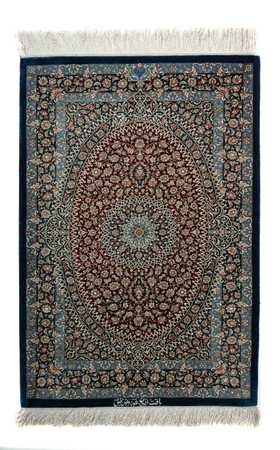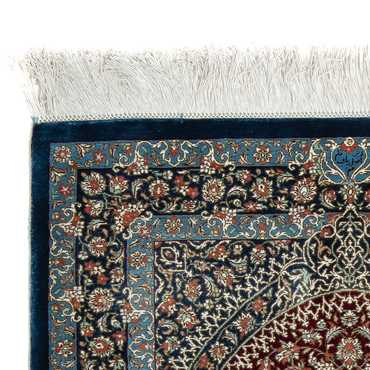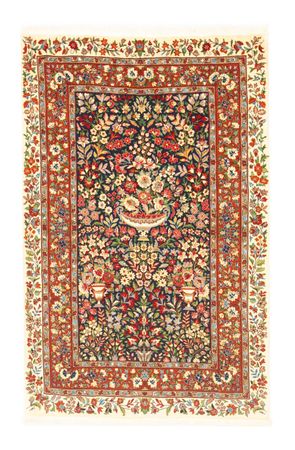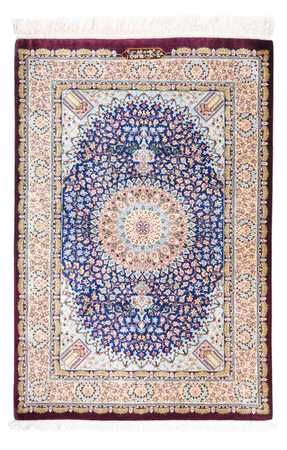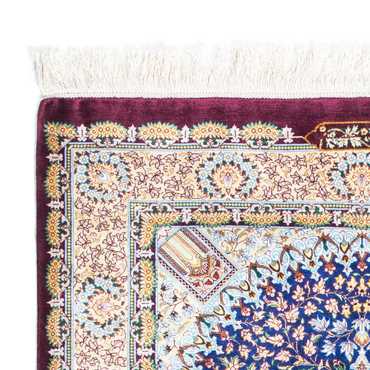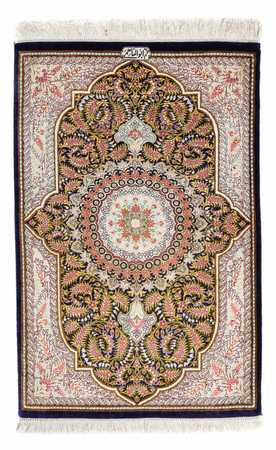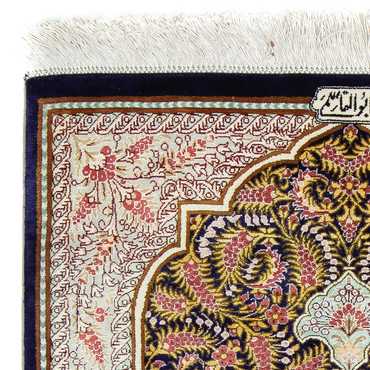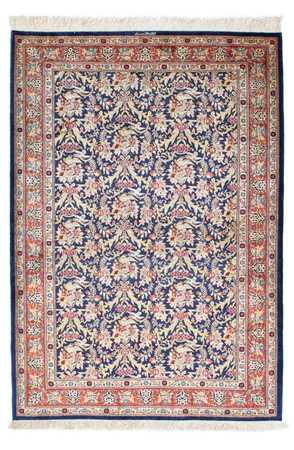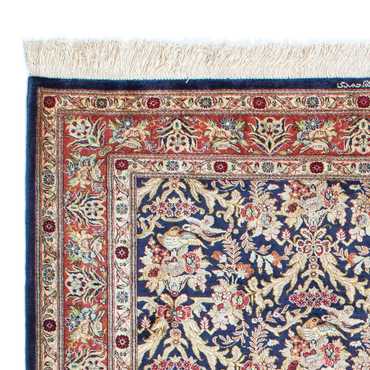- Perser Rug - Ghom -
300 x 2006,890 £
-
- Perser Rug - Ghom -
324 x 19818,199 £
-
- Perser Rug - Ghom -
87 x 592,057 £
-
- Perser Rug - Ghom -
300 x 19616,669 £
-
- Perser Rug - Ghom -
118 x 782,848 £
-
- Perser Rug - Ghom -
115 x 73662 £1,297 £
-
- Perser Rug - Ghom -
147 x 1003,607 £
-
- Silk Rug - Ghom Silk - Premium -
216 x 1325,947 £10,715 £
-
- Perser Rug - Ghom -
207 x 1403,348 £
-
- Perser Rug - Ghom -
358 x 2445,621 £
-
- Silk Rug - Kayseri -
169 x 1056,124 £
-
- Perser Rug - Ghom -
210 x 1324,792 £
-
- Perser Rug - Ghom -
152 x 1023,804 £
-
- Perser Rug - Ghom -
148 x 1023,320 £
-
- Perser Rug - Ghom -
91 x 612,257 £
-
- Perser Rug - Ghom -
305 x 2125,406 £
-
- Perser Rug - Ghom -
150 x 983,607 £
-
- Perser Rug - Ghom -
117 x 783,153 £
-
- Perser Rug - Ghom -
207 x 1424,662 £
-
- Perser Rug - Ghom -
121 x 803,082 £
-
- Perser Rug - Ghom -
117 x 782,817 £5,204 £
-
- Perser Rug - Ghom -
89 x 592,137 £
-
- Perser Rug - Ghom -
163 x 1031,568 £
-
- Perser Rug - Ghom -
156 x 1023,177 £
-
- Perser Rug - Ghom -
117 x 792,848 £5,327 £
-
- Perser Rug - Ghom -
93 x 592,201 £
-
- Perser Rug - Ghom -
154 x 1033,901 £7,119 £
-
Ghom Rugs
Ghom rugs, also known as Qum rugs, are a captivating type of Persian rug that holds a rich history and exceptional craftsmanship. These exquisite rugs originate from Ghom, a city located in the central part of Iran. In this article, we will delve into the fascinating world of Ghom rugs, exploring their history, characteristics, production process, authenticity, and care. By the end, you will gain a deeper appreciation for the beauty and artistry of Ghom rugs.
1. History of Ghom Rugs
1.1 Safavid Dynasty
The roots of Ghom rugs can be traced back to the Safavid dynasty, which ruled over Persia from the 16th to 18th centuries. During this period, the city of Ghom became a center for rug production, attracting skilled artisans and weavers. The Safavid rulers patronized the arts, including rug weaving, leading to the development of Ghom rugs as intricate and valuable creations.
1.2 Rise of Ghom as a Rug Production Hub
Over time, Ghom emerged as a prominent rug production hub in Iran. The city's favorable geographic location, abundance of natural resources, and skilled workforce contributed to its rise as a leading center for rug weaving. The weavers in Ghom honed their craft and developed unique techniques, resulting in the creation of exquisite rugs that gained recognition both locally and internationally.
2. Characteristics
2.1 Materials
Ghom rugs are meticulously crafted using high-quality materials. The foundation of these rugs consists of pure silk or a blend of silk and cotton, creating a luxurious and durable base. The use of silk lends a lustrous sheen to the rugs, enhancing their visual appeal. Additionally, some Ghom rugs feature woolen piles, adding warmth and texture to the overall design.
2.2 Design and Patterns
One of the distinguishing features of Ghom rugs is their intricate design and captivating patterns. These rugs showcase a wide range of motifs, including floral patterns, medallions, geometric shapes, and pictorial representations. Skilled weavers meticulously hand-knot each design, paying meticulous attention to detail. The colors used in Ghom rugs are often vibrant and harmonious, creating a visually stunning piece of art.
3. Ghom Rug Making Process
Creating a Ghom rug is a labor-intensive process that involves several stages of craftsmanship. Let's explore the various steps involved in making these exquisite rugs.
3.1 Materials and Dyeing
The rug-making process starts with the selection of high-quality materials. Silk, wool, and cotton are sourced from trusted suppliers to ensure their authenticity and durability. These materials are then meticulously dyed using natural dyes derived from plants and minerals. The dyeing process is carried out with precision to achieve a rich and vibrant color palette.
3.2 Weaving Technique
The weaving technique used in Ghom rugs is predominantly the Persian knot, also known as the Senneh knot. Skilled weavers meticulously tie each knot by hand, ensuring precision and consistency in the rug's construction. The density of the knots contributes to the rug's durability and intricate design. Weaving a Ghom rug requires immense skill and patience, often taking several months or even years to complete.
3.3 Finishing Touches
Once the weaving process is complete, the Ghom rug undergoes several finishing touches to enhance its appearance and durability. The rug is meticulously trimmed to achieve a uniform pile height, ensuring a smooth and even surface. Skilled artisans then wash and dry the rug, removing any impurities and enhancing its luster. Finally, the edges of the rug are expertly bound to provide a neat and finished appearance.
4. Authenticity and Quality
As with any valuable item, ensuring the authenticity and quality of Ghom rugs is essential. Here are some key factors to consider when identifying genuine Ghom rugs and assessing their quality.
4.1 Identifying Genuine Ghom Rugs
Due to the popularity of Ghom rugs, counterfeit pieces have entered the market. To identify an authentic Ghom rug, look for specific hallmarks such as the unique designs, materials used, and the rug's origin. Genuine Ghom rugs often come with a certificate of authenticity from reputable sellers or rug experts.
4.2 Assessing Quality
When assessing the quality of a Ghom rug, there are several factors to consider. These include knot density, materials used, design intricacy, color harmony, and overall craftsmanship. A high-quality Ghom rug will have a dense knot count, fine materials, precise designs, and vibrant colors. Thoroughly inspecting these elements will help you evaluate the quality of a Ghom rug before making a purchase.
5. Ghom Rugs in Interior Design
Ghom rugs have become highly sought after by interior designers and homeowners looking to add elegance and sophistication to their spaces. The intricate designs and vibrant colors of Ghom rugs make them versatile and suitable for various interior design styles.
5.1 Traditional Settings
In traditional settings, Ghom rugs can serve as a captivating centerpiece, adding a touch of luxury and cultural richness to the surroundings. They complement traditional furniture, ornate decorations, and intricate architectural details, creating a harmonious and visually stunning space.
5.2 Modern and Eclectic Settings
Ghom rugs also find their place in modern and eclectic settings. These rugs can provide a striking contrast or a bold focal point in contemporary interiors. Their intricate patterns and vibrant colors can add a touch of artistry and uniqueness to minimalist spaces or eclectic environments filled with a mix of styles.
Conclusion
In conclusion, Ghom rugs represent an exquisite blend of artistry, history, and cultural significance. Their intricate designs, meticulous craftsmanship, and exceptional quality make them highly prized and cherished possessions. Whether you admire the elegance of traditional settings or seek to create a unique statement in modern interiors, Ghom rugs offer a timeless and captivating addition to any space.
